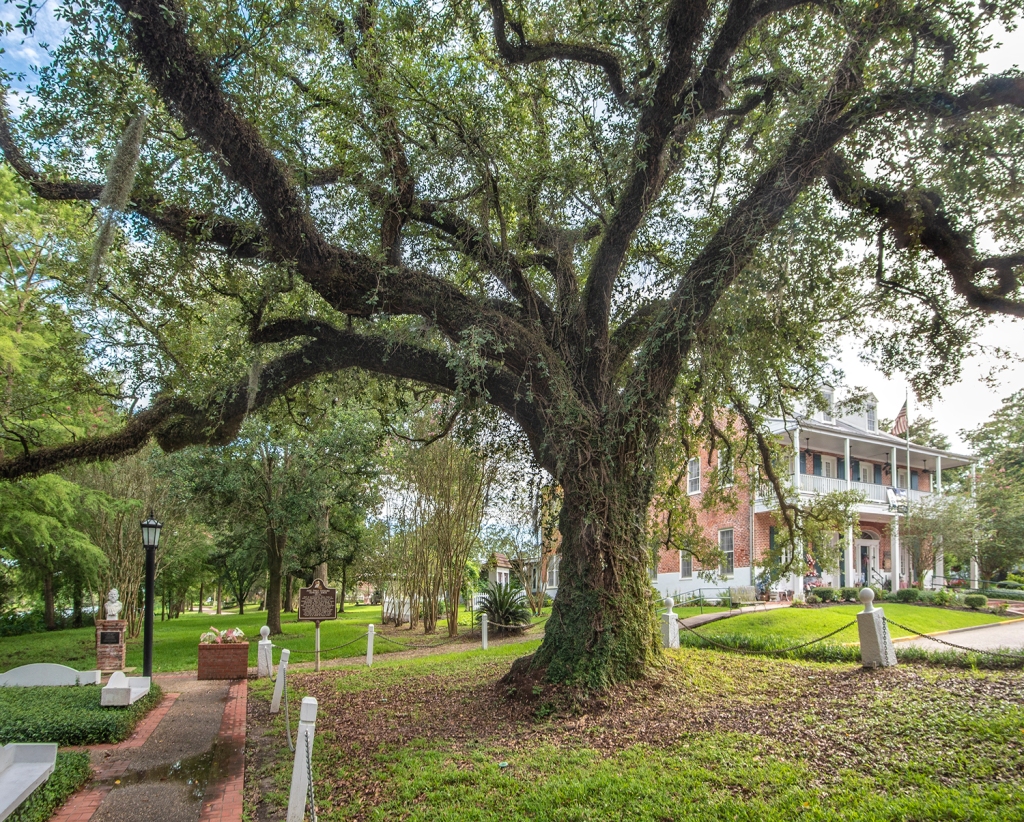Wednesday morning and back up at an ungodly hour to make it back to work. But I was also kind of tired of lolling around the apartment on pain meds, doing very little to nothing, including not much thinking. It’s nice sometimes to not have to think, but I always worry that not using my mind is making it lazy, if that makes sense? Probably not, but I know what I meant. I always worry that my brain will atrophy if I don’t use it. Well, that made more sense. See what I mean? You see why I am concerned?
I didn’t sleep well last night–not bad, just not great. I’ve gotten used to ten to twelve hours of sleep per night since the surgery, so I wasn’t sure how getting up this morning would go. Not bad, to be honest; I don’t think I had a good night of sleep because of anxiety about not waking up, but I feel okay so far. I’m just so tired of soft food. Today I’ll be taking baby food with me to the office, and I am not really looking forward to that, in all honesty. I think I’ll take ice cream for lunch–I will miss eating ice cream every day when my mouth finally heals, but I am so ready for solid food you have no idea. I am so going to Five Guys when this is all over!
I didn’t get much accomplished yesterday. The pain pills don’t make me loopy the way the ones they used to prescribe (the highly addictive oxy family of opiates), but they do something to the wiring in my brain that doesn’t quite make sense to me. I did get a load of laundry done, another load of dishes, and I filed and straightened up the workspace–which looks a lot more bearable this morning than it did yesterday morning–but I didn’t get as much accomplished as I would have liked because my mind was spacy and I kept losing track of time. Paul got home late last night and we watched another episode of Painkiller, which is such evidence of how broken our entire system is (I still get angry at the Sacklers just thinking about it) that I don’t know how anyone could watch it and not fall into despair.
I did find myself–I blame the pain meds–falling into a pit of anxiety yesterday afternoon, spiraling and everything, but once I realized what was happening I thought use this nervous energy and that’s when I started cleaning. I put the kitchen rugs in order and swept, put away dishes and started filing and organizing. My computer files are a disaster that will take days, if not weeks, to sort out; I did make some attempt at it yesterday to no avail. I also went into another research wormhole about the Filipino community of southeastern Louisiana–I love that there’s always something new and startling to learn about this region–and I really would like to write about Manila Village, or St. Malô; it was known by both names. It could be another Sherlock story, I think, since I so strongly established him in 1916 New Orleans; Manila Village/St. Malô was destroyed in the hurricane of 1915 (which also wiped Freniere off the map, and I want to write about Freniere as well; the witch’s curse and all)–a lot was going on in the New Orleans era during the twentieth century teens decade (there was also an outbreak of bubonic plague and the last really bad yellow fever epidemic during that decade, and then of course there’s the banana wars, which is also endlessly interesting) and of course, I would love to write about it all.
I want to write about everything.
It’s also Pay-the-Bills day; time slipped past me while I was recovering from this oral surgery mess–and of course Friday is my appointment with the Tulane Institute of Sports Medicine about my arm (I’ll talk more about that later)–and I do think that I am going to need to work on the filing system this weekend. The LSU-Mississippi State game is at the ungodly hour of eleven a.m., so I can probably get some work on the filing done during that. I have duplicate files and the problem–the primary problem–is I allowed the files to get out of control during the pandemic and the system I’d been using completely broke down. The file cabinet itself has been a mess for years, and what I really need to do is decide on a new system or figure out if the old one can still be used, despite how much work it’s going to take. I also need to take stock and figure out what needs to be worked on and what needs to be done, and where I am at with everything. I don’t have any contracts currently in place (which is usually a very scary place for me to be, frankly, but I am not letting the anxiety about that make me do what it usually does; throw out a bunch of proposals only to end up with too many deadlines and more stress than any writer needs.
And on that note, I am heading into the spice mines. Here’s hoping my energy doesn’t flag and I make it through the day safely. I hope you also have a lovely day, Constant Reader, and I’ll check in with you again probably tomorrow.


